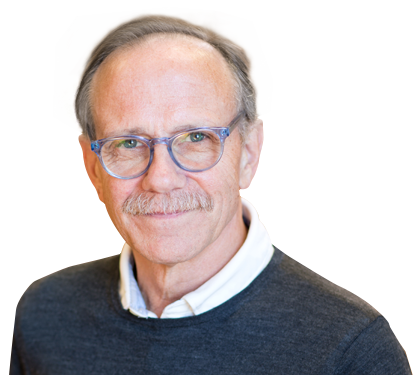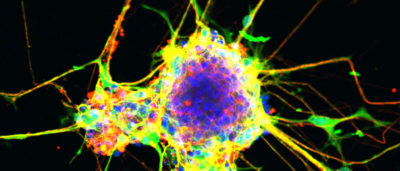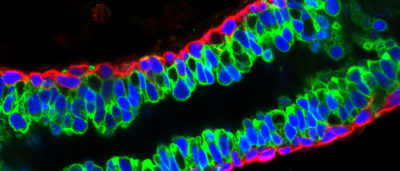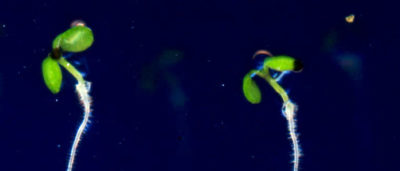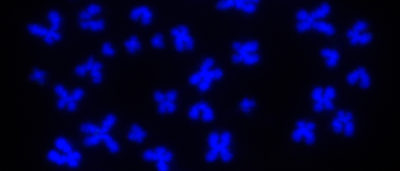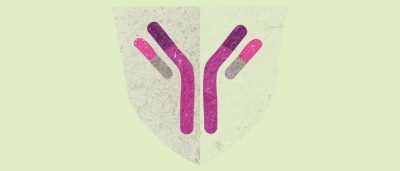In this issue
Frontiers
The promise and perils of big data
Salk scientists are unlocking the power of “big data” to make unprecedented discoveries in neuroscience, cancer and other areas.
Observations
Joseph Noel
Inside Salk sat down with Joseph Noel to learn about his path to becoming a scientist and about his current work researching coastal wetlands to help combat climate change.
Insights
Krishna Vadodaria
Staff Scientist Krishna Vadodaria’s research on human neurons is helping to uncover the biological basis for psychiatric disorders and why some depressed patients do not respond to SSRIs.
Next Gen
Corina Antal
President’s Letter
“New technologies have helped advance scientific research yielding vast amounts of data while providing new opportunities for discovery”
Rusty Gage
President, Salk Institute
Discoveries
Spotlight
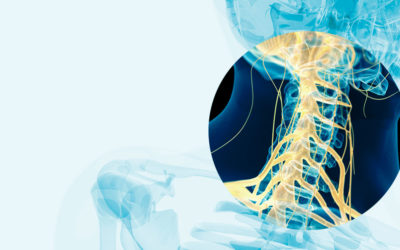
Salk neuroscientists garner major awards to investigate the brain and spinal cord
Mapping circuitry for movement A team of Salk scientists led by Professor Martyn Goulding has been awarded $14.3 million over five years by the National Institutes of Health (NIH) to create a high-resolution atlas of how the mouse brain generates and controls skilled forelimb movements, such as reaching and grasping. This effort will provide a […]
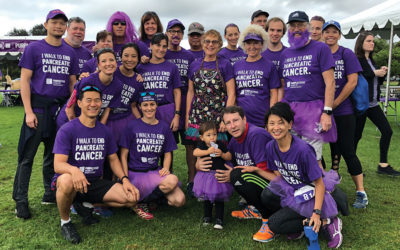
Salk Team Raises Funds for Pancreatic Cancer Research
Team Salk Cancer Center raised nearly $5,000 in PurpleStride 2019, a walk to end pancreatic cancer held since 2008 by the Pancreatic Cancer Action Network.
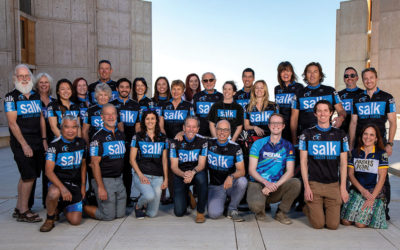
Pedal the Cause makes largest contribution to funding cancer research
Nearly $3 million was raised by last year’s Padres Pedal the Cause cycling event, providing crucial funding for novel cancer research in San Diego, including Salk faculty. Salk Institute scientists Professor Tony Hunter, Assistant Professor Graham McVicker, Professor Joseph Ecker and Helmsley-Salk Fellow Jesse Dixon were among the collaborative teams of researchers and medical professionals […]
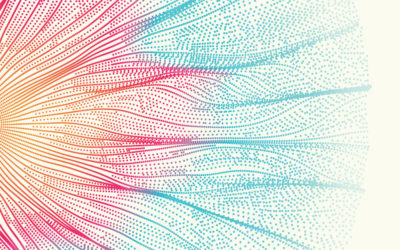
Awarded semi-annually by peer review, Salk’s Innovation Grants Program is critical to sustaining emerging science
The program, launched in 2006 by then-Board chair Irwin Jacobs and his wife, Joan, embodies the vision and spirit of the Institute that bears Jonas Salk’s name. The Innovation Grants Program, now supported by a number of forward-thinking donors, is designed to fund out-of-the-box ideas that hold significant promise but may not yet have the track record to attract attention from more traditional funding sources.
Events
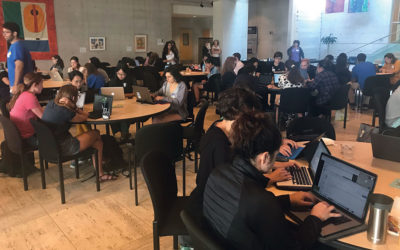
Wikipedia edit-a-thon
On Saturday, September 7, 2019, Salk hosted a Wikipedia Edit-a-thon event, underwritten by the Salk Office of Equity and Inclusion. A total of 60 people from Salk, UC San Diego, Scripps Research and the San Diego community worked together to elevate the profiles of women in STEM (science, technology, engineering and math) on Wikipedia. The […]
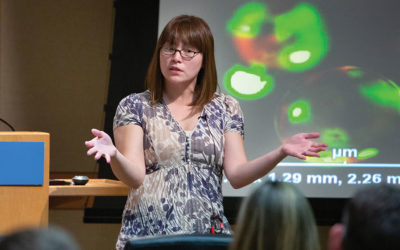
SalkExcellerators learn of plan to conquer pancreatic cancer
On October 30, 2019, Salk Assistant Professor Dannielle Engle shared with the Salkexcellerators group how she creates models of pancreatitis and pancreatic cancer in order to develop more effective diagnostic tools and treatments for these diseases. Salkexcellerators are the next generation of community members who support scientific discoveries at Salk and engage with scientists through […]
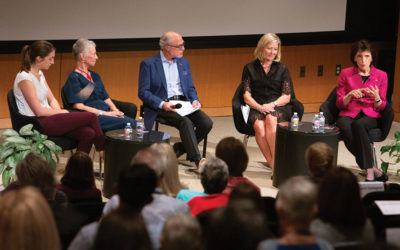
Women & Science program hosts panel discussion on the future of cancer
On October 23, 2019, the Women & Science Program hosted “Breast Cancer: New insights in research, prevention, survivorship and health care delivery,” a presentation given by Barbara Parker, MD, medical director of Oncology at Moores Cancer Center at UC San Diego. Salk Professor Geoffrey Wahl emceed a panel discussion that followed on the topic of advancements of breast cancer research and treatments and featured Nikki Lytle, a postdoctoral fellow in the Wahl’s Gene Expression Laboratory, Carol Gallagher, Partner with NEA, and Catherine Rivier, Salk Professor Emerita, herself a survivor.
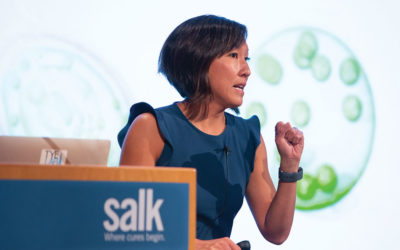
Women & Science program dives into the brain
Salk’s Women & Science program hosted an event on July 24, 2019, emceed by Salk Professor Susan Kaech and featuring Professor Kay Tye, who gave a riveting presentation about the neuroscience of seeking pleasure and avoiding pain.






















































